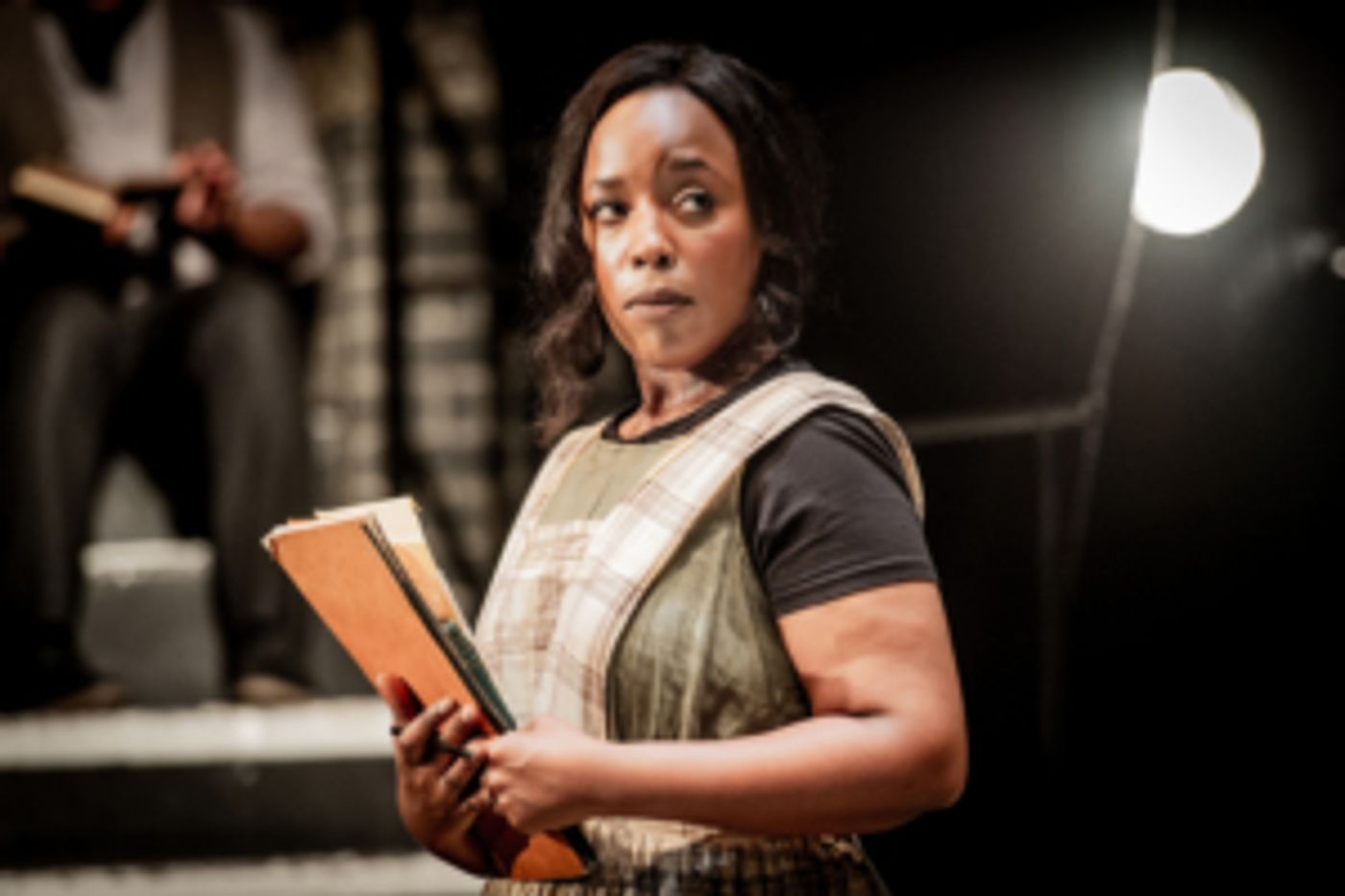Review: TREEMONISHA, Grimeborn Festival, Arcola Theatre

![]() Treemonisha is educated and smart and is a threat to the conjurers who sell their good luck charms to the poor black folks scraping a living off the land in the heat of Arkansas. These ex-slaves have been freed for a generation, but when the slaveowners quit, they left little behind them of economic value and life is hard.
Treemonisha is educated and smart and is a threat to the conjurers who sell their good luck charms to the poor black folks scraping a living off the land in the heat of Arkansas. These ex-slaves have been freed for a generation, but when the slaveowners quit, they left little behind them of economic value and life is hard.
There is joy and there is culture too, the songs and dances finding inspiration both in African roots and in American churches. But everywhere the weight of generations of oppression and fear hangs in the air, the stasis imposed by an unseen overlord every bit as present as it was when imposed at the end of a whip.
Treemonisha, a foundling clandestinely educated by a white woman, is captured by the conjurers, but swiftly rescued and returns to her community where she realises that she has a choice to make and a destiny to follow. She doesn't quite say it in as many words and it's hardly on the same scale, but we all know that She Has A Dream.
Scott Joplin's opera is over 100 years old now, but it could have been written yesterday - by Lin-Manuel Miranda. It takes us all the way back to the beginnings of the post-emancipation Black American experience and demands that this (white, privileged, smugly liberal) reviewer look again at how the centuries of colonialism reverberate down the generations, how the price is still being paid now. Joplin also gives us a clear-sighted heroine whose gender counts for nothing in the light of her intelligence and decency. One has to look again to quite believe that the opera was written in 1911.
That's the didactic side of the libretto and, though it's heartfelt and entirely justified, it's never a lecture (well, almost never) and there's a comfort, especially in these times, in the knowledge that good is sure to prevail. That said, Scott Joplin really needed an Oscar Hammerstein II to come in and rework the libretto, as there's just too little jeopardy for us ever to truly fear for Treemonisha, and we need to if the show's huge potential were to be fully realised.
Not that the libretto matters that much when you have music of such variety, vivacity and complexity to enjoy (beautifully played by Matthew Lynch's strings and woodwind band).
There's no weakness in the score at all - and none in the cast, who will loosen up a little in later performances I'm sure (as they did through the evening to be fair). There's so much to admire: splendid chorus work in "We're Goin' Around (A Ring Play)" and the joyful "Aunt Dinah Has Blowed de Horn"; Samantha Houston's showstopper of an aria "The Sacred Tree"; and our heroes, Grace Nyandoro and Edwin Cotton, both wonderful with "The Rescue".
Joplin created something that has more than a touch of Hamilton in the eclecticism of its inspiration and the musicality that informs every note. It is an opera though, and one discerns the German influence on Joplin's education (the near contemporaneous The Merry Widow came to mind at least twice and there's Wagner aplenty in allusions to the mysticism of nature), but there's so much more too. Porgy and Bess was still two decades in the future when Joplin put down his pen!
I understand that the performance was filmed - in keeping with the thrust of Joplin's call to arms, how I would love to see this production shown in schools, with just its informed wikipedia article as preliminary reading.
Never in my lifetime have we needed to listen to Joplin's message more urgently.
Treemonisha continues at the Arcola Theatre until 31 August.
Photo Robert Workman
Reader Reviews

Videos

